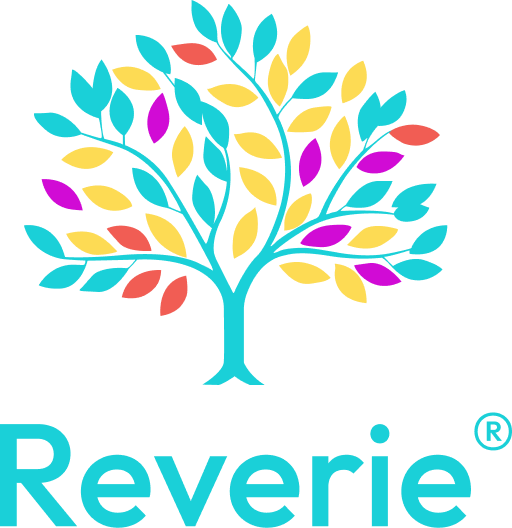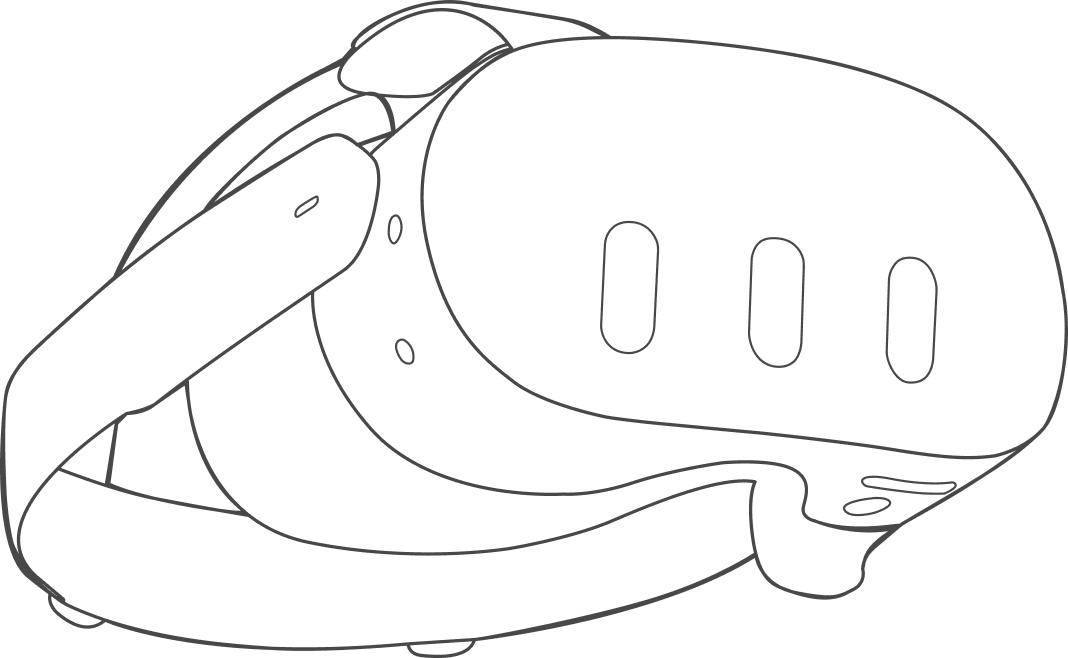
10/03/2025 1:57 pm
Orientation and Routine: The Role of VR in Dementia Care
Summary
Maintaining orientation and establishing daily routines are crucial aspects of dementia care, as they provide structure and familiarity, reducing anxiety and confusion among patients. Reverie VR introduces virtual reality experiences designed to support orientation and help establish consistent routines for individuals with dementia.
Challenges with Orientation and Routine in Dementia
Individuals with dementia often experience disorientation regarding time, place, and person, leading to confusion and distress. Disrupted routines can exacerbate these feelings, resulting in increased anxiety and behavioural issues.
How VR Supports Orientation and Routine
Reverie VR offers immersive experiences that can aid in maintaining orientation and establishing routines:
Consistent Virtual Environments: Regular exposure to familiar virtual settings can reinforce spatial and temporal orientation, helping patients recognise and remember locations and times.
Structured Activities: Scheduled VR sessions can provide a sense of routine and predictability, offering activities at specific times to establish daily patterns.
Cognitive Stimulation: Interactive VR experiences can enhance cognitive functions related to orientation, such as memory and attention, by engaging patients in tasks that require focus and recall.
Scientific Evidence Supporting VR for Orientation and Routine
Research indicates that VR can assist in maintaining orientation and routines:
Virtual Reality Applications: Research has shown that dementia patients given virtual reminiscence therapy experienced reduced incidences of dementia-related symptoms. Virtual reminiscence therapy creates virtual environments tailored to the patient, allowing them to remember old memories more easily, which may improve overall quality of life. en.wikipedia.org
Immersive VR for Exercise Motivation: Immersive VR can motivate exercise among sedentary users, applicable in rehabilitation centres or senior citizen homes, increasing users' quality of life and independence through increased physical activity. en.wikipedia.org
VR in Rehabilitation: Immersive VR has been shown useful for acute pain management, on the theory that it may distract people, reducing their experience of pain. en.wikipedia.org
Implementing Reverie VR for Orientation and Routine
For Carers: Provides a tool to engage patients in consistent activities, aiding in the establishment of daily routines and reducing care challenges.
For Admissions Managers: Highlights the facility's commitment to innovative care approaches that support patient orientation and routine, enhancing its appeal to prospective residents.
For Care Home Owners: Investing in Reverie VR demonstrates a dedication to adopting advanced technologies that improve resident well-being, potentially increasing satisfaction and occupancy rates.
For Family Members: Offers reassurance that their loved ones have access to interventions that promote orientation and routine, contributing to a sense of normalcy and stability.
Explore how Reverie VR can support orientation and routine for dementia patients.
Contact us today for more information.

10/03/2025 11:52 am
Increasing Safety and Environmental Engagement with VR
Safety and environmental engagement are critical aspects of dementia care, influencing patients' quality of life and well-being. Reverie VR offers virtual reality experiences designed to enhance environmental engagement while maintaining safety for dementia patients.



Get in touch & book a demo
For more information or to arrange a free demo please get in touch by pressing the button below.
